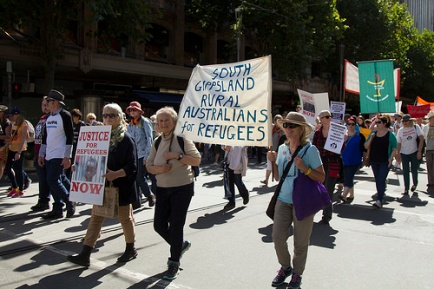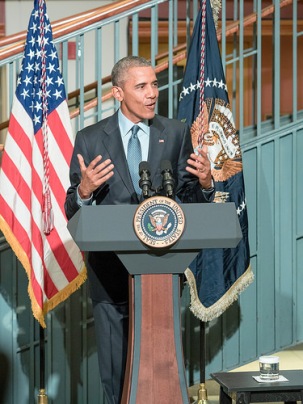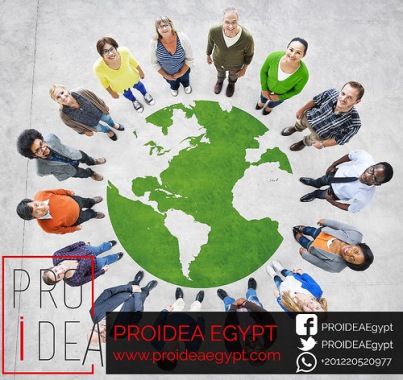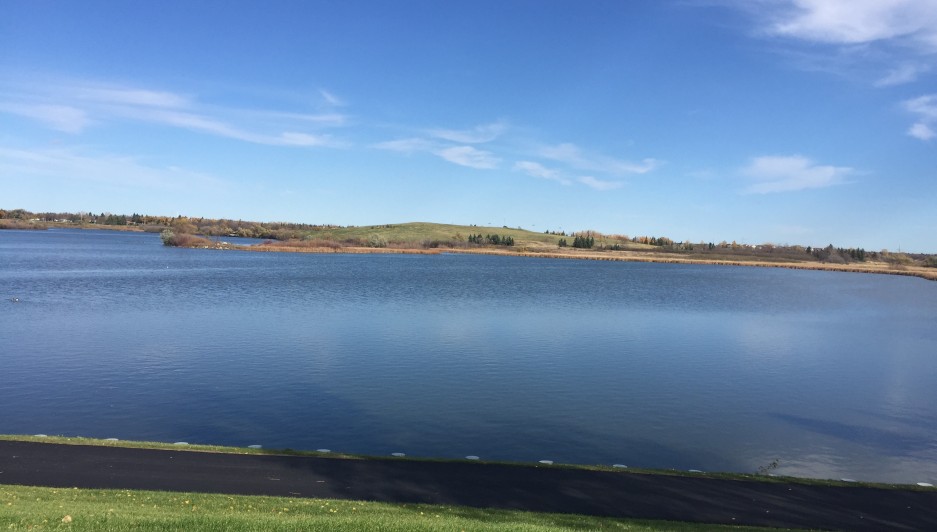In recent years, we can see that many events are shared on social media by online activists. Especially, they capture the live moments of protests on the ground, but which is launched online first, to show it to people who also care about these activities, in order to obtain more support. A number of examples are mentioned in the blog How We Can Use Livestreaming Apps to Promote Justice, such as Ferguson and Baltimore to the deaths of young African American men at the hands of police, the global Occupy movement in 2011, activists in Libya and Syria on Bambuser in 2011-12, Ukrainians using Ustream from EuroMaidan in 2014, and Hong Kong’s Umbrella Movement on YouTube. In these series of events, we must say that social media plays an import role for the development of civil revolution.

Photo Credit: louisa_catlover via Compfight cc
In fact, not only common people use networks to achieve certain political aspirations, so do politicians. For instance, Barack Obama is a successful example who use network to help him to win the election in 2008. 20 percent of Obama supporters shared political content online, compared with 16 percent of McCain backers, and 18 percent of Obama partisans signed up to receive automatic updates about the election compared with nine percent of McCain supporters, the study found. Internet, especially social media is an essential element in that election.Although other candidates such as Hillary Clinton, Sarah Palin also used Twitter, Youtube and other social media to attract more votes, in the end, Obama Team won, as their usage of social networks was most comprehensive at that time. Now more and more voters search election news and information online, and communicate with others about it as well.
 Photo Credit: Rutgers Newark via Compfight cc
Photo Credit: Rutgers Newark via Compfight cc
Another example is the green avatars on Twitter for Iranian democracy, which is referred in the article I get it : you don’t like Slacktivism. Now shut up. Only don’t. The result of the 10th Iran president election sparked a considerable controversy, opponents held protests on the streets. Simultaneously, various social media became an important tool for protesters to pass information, and express opinion in public. In such, people of Iran use Twitter, Facebook, Youtube, Blog and other social network tools to communicate, as well as update the reality of protest to the world.
 Photo Credit: MRL_street_VISIONS via Compfight cc
Photo Credit: MRL_street_VISIONS via Compfight cc
A major character of social media is the instantaneity. The information that users sent can be received by their friends in real-time. At the same time, the dissemination speed of information can be doubled by forwarding. This makes a large number of social media users achieve relative information fast, and in time by forwarding, when the event happens. Meanwhile information receivers can give their support immediately, although they cannot be there .
Equality and democracy of social media creates a platform for ordinary people to express, participate, and interact in public.They can get the discourse to fight for reasonable rights on these platforms. On social media, anyone can improve his/her influence through high-quality posters. This allows ordinary people’s voice to be heard, also inspires their participation motivation. Social media users can follow anything they are interested in, and give comments freely.
 Photo Credit: proideaegypt via Compfight cc
Photo Credit: proideaegypt via Compfight cc
In any case, I believe our future will be an era of social network. In this way, we should update our own perspective, promote social justice between people, and reasonably challenge the traditional authority. Just like the title says: I get it : you don’t like Slacktivism. Now shut up. Only don’t. People should move forward and change their stereotyped thought about online activists. To some degree, they are not “slacktivists” at all.
In my opinion, what rewrite the history, and change the society is not the tool, but the man who uses the tool. So, what else can social media change? what are we expecting for?
